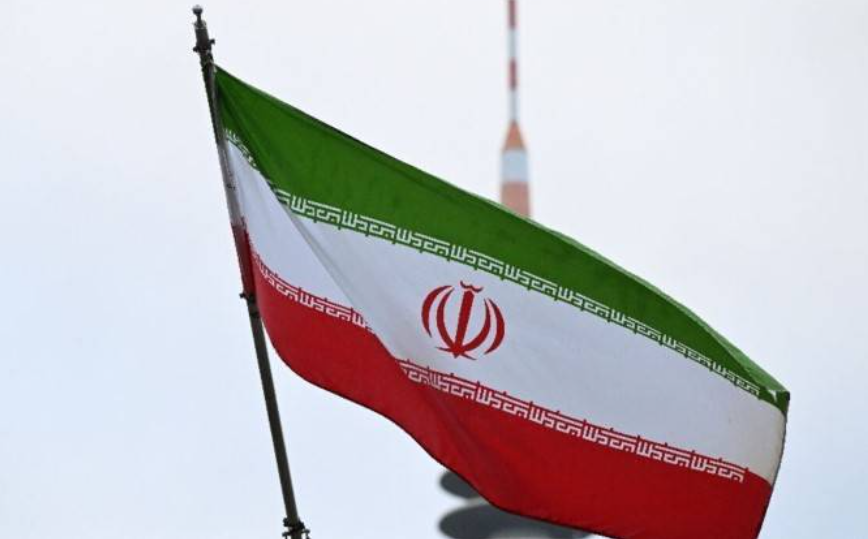Iran’s Revolutionary Guards claim their missile arsenal remained entirely intact after the 12-day war with Israel, dismissing Israeli damage reports.

News Desk
TEHRAN: Iran’s Revolutionary Guards claimed that the country’s missile stockpile emerged unscathed from its recent 12-day conflict with Israel, with a senior commander insisting that not a single launcher had been significantly damaged.
Brigadier General Mohammad Reza Naqdi, a prominent figure within the elite force, told Iranian media that the missile arsenal remained “completely safe,” dismissing Israeli reports that suggested Tehran’s capabilities had been seriously degraded. He said Israel’s bombardment had only destroyed about 3% of Iran’s launch systems, which he argued could easily be replaced thanks to the country’s self-sufficient defence industry.
“Our technology is purely indigenous, and our technique is so simple that we can reproduce thousands of launchers again,” Naqdi said, portraying the country’s missile program as both resilient and rapidly renewable. His remarks appeared aimed at projecting confidence in the face of Israeli claims that precision strikes had severely weakened Iran’s launch infrastructure.
The general described the conflict not only as a military confrontation but as part of an ongoing intelligence war involving multiple global players. He alleged that US military bases stationed in neighboring countries, along with certain foreign embassies in Tehran, had been providing surveillance data to Israel throughout the fighting. According to Naqdi, the skies above the Persian Gulf remained crowded with “dozens of drones” constantly monitoring Iranian territory.
Despite these surveillance efforts, Naqdi maintained that Iran had inflicted “severe devastation” on Israel during the fighting — an assertion that could not be independently verified. He claimed the extent of Israeli losses had forced Tel Aviv to request a ceasefire, an interpretation sharply at odds with Israeli and Western assessments of the conflict’s outcome.
The remarks came amid a flurry of competing narratives following the fragile truce that halted one of the most intense episodes of direct hostilities between the two countries. While Israel has insisted that its strikes significantly curtailed Iran’s offensive capacity, Tehran has sought to frame the confrontation as a demonstration of endurance and technological self-reliance.
Analysts viewed Naqdi’s comments as part of Iran’s broader effort to reassure domestic audiences and regional allies that its deterrence capabilities remained intact. Yet the absence of independent verification and the competing versions of events underscored the opacity surrounding the scale of damage in a war fought largely through airpower, drones, and intelligence networks.


